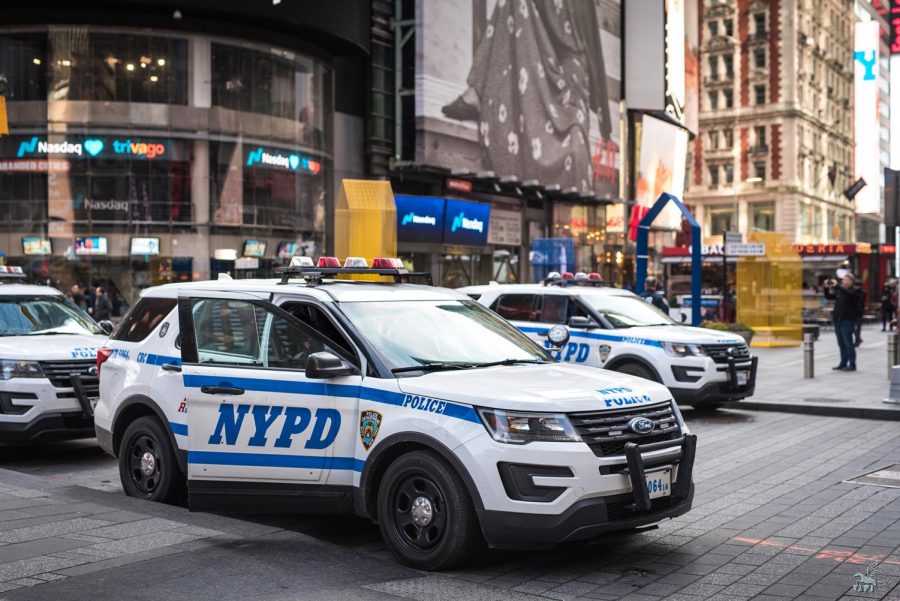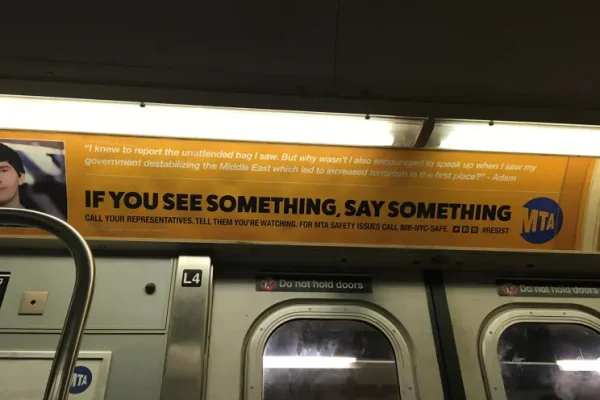NYPD Pilot Program Shows Hope for Justice
On Nov. 11, New York City Mayor Bill de Blasio announced a new pilot program in which Mental Health Teams of Emergency Medical Services (EMS) health professionals and mental health crisis workers would respond to mental health-related, nonviolent 911 calls, rather than New York Police Department (NYPD) officers. The pilot program is set to begin in two “high-need” neighborhoods that are currently in the process of being selected based upon the number of calls related to mental health crises.
This decision comes after a multitude of alarming instances where police officers responding to calls involving mentally ill individuals have resulted in violent tragedies.
In 2016, 66-year-old Deborah Danner, a woman suffering from paranoid schizophrenia, was shot by NYPD officers in her bedroom in the Bronx. In 2018, 34-year-old Saheed Vassell, who suffered from bipolar disorder, was shot by police who incorrectly believed Vassell was armed with a gun on a Brooklyn street. In 2019, Stacy Kenny, who had been diagnosed with paranoid schizophrenia, was shot and killed after attempting to flee a traffic stop by driving away with an officer still in the vehicle. Following Kenny’s death, an officer said, “We are all okay. Bad guy down.”
In April of this year, 27-year-old Nicolas Chavez was shot 21 times while he was experiencing a mental health crisis. When he was killed, Chavez was already injured and kneeling on the ground. Investigators determined that although Chavez attempted to reach for a stun gun, which was later found to be empty, the officers had ample time to protect themselves given Chavez’s injuries, ruling that Chavez did not pose a threat to the 28 officers present at the scene. Four of the police officers involved were fired. Tragically, these are just a few recent examples of police killings involving mentally ill individuals. This year, the killings of Daniel Prude and Walter Wallace Jr. by police received media attention, leading to protests that urged justice for the two men, who both suffered from mental health issues. Their deaths also brought attention to the disproportionate rates of police killing for Black men with mental illness when compared to white men exhibiting similar behaviors, indicating a layered vulnerability in regards to race and mental illness.
A database provided by The Washington Post, which compiles data on fatal shootings by police officers on duty since 2015, found that 23% of victims shot and killed by police in the U.S. suffered from a mental illness. According to a study conducted by the Treatment Advocacy Center, individuals with an untreated mental illness are 16 times more likely to be killed when stopped by law enforcement officers than other civilians.
It is imperative that these statistics are met with action. While it is too late for far too many, small actions, such as the pilot program in New York City, can serve as a form of justice for their surviving loved ones and a step in the right direction towards protecting individuals suffering from mental illness in the U.S.
The pilot program would represent a crucial way to reform police activity in New York City. After the killing of George Floyd by police officers in Minneapolis in May, calls for justice through police reform or defunding of the police were expressed across the nation. The program would act as a way to reduce the reliance on law enforcement in situations where it is not necessary and could lead to dangerous escalation.
Additionally, New York City First Lady Chirlane McCray clarified that in any situation that reports the mentally ill individual as having a weapon or exhibiting violent behavior, police officers will also be dispatched. However, the mental health professionals would remain “in charge of coordinating the effort.”
New York City would not be the first city to institute a new policy to remedy these issues and prevent such tragedies. The Los Angeles City Council recently voted unanimously to form an unarmed crisis response team for nonviolent 911 calls, such as those regarding mental health and substance abuse.
Not all reforms aiming to remedy this issue are new. Almost 30 years ago, a small town in Oregon developed a group of young medics and mental health counselors to respond to 911 calls that do not necessarily require police intervention, including mental health crises. The program is called Crisis Assistance Helping Out on the Streets (CAHOOTS), and it has been in place since 1989.
Successful reform is possible, and cities across the U.S. must strive to remedy a crisis that is plaguing our entire country.
When considered holistically, New York City’s pilot program is indeed a step toward progress and toward justice for the families and loved ones of victims of police brutality. It is a step towards protecting a deeply vulnerable population in the U.S. and towards preventing another, all-too-familiar tragedy.
Kelly Christ, FCRH ’21, is an English and psychology major from Long Island, N.Y.
Columnist volume 101, Editorial Director and Opinion Editor volume 102













































































































































































































